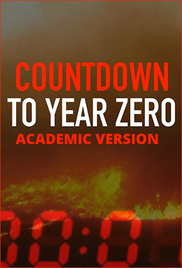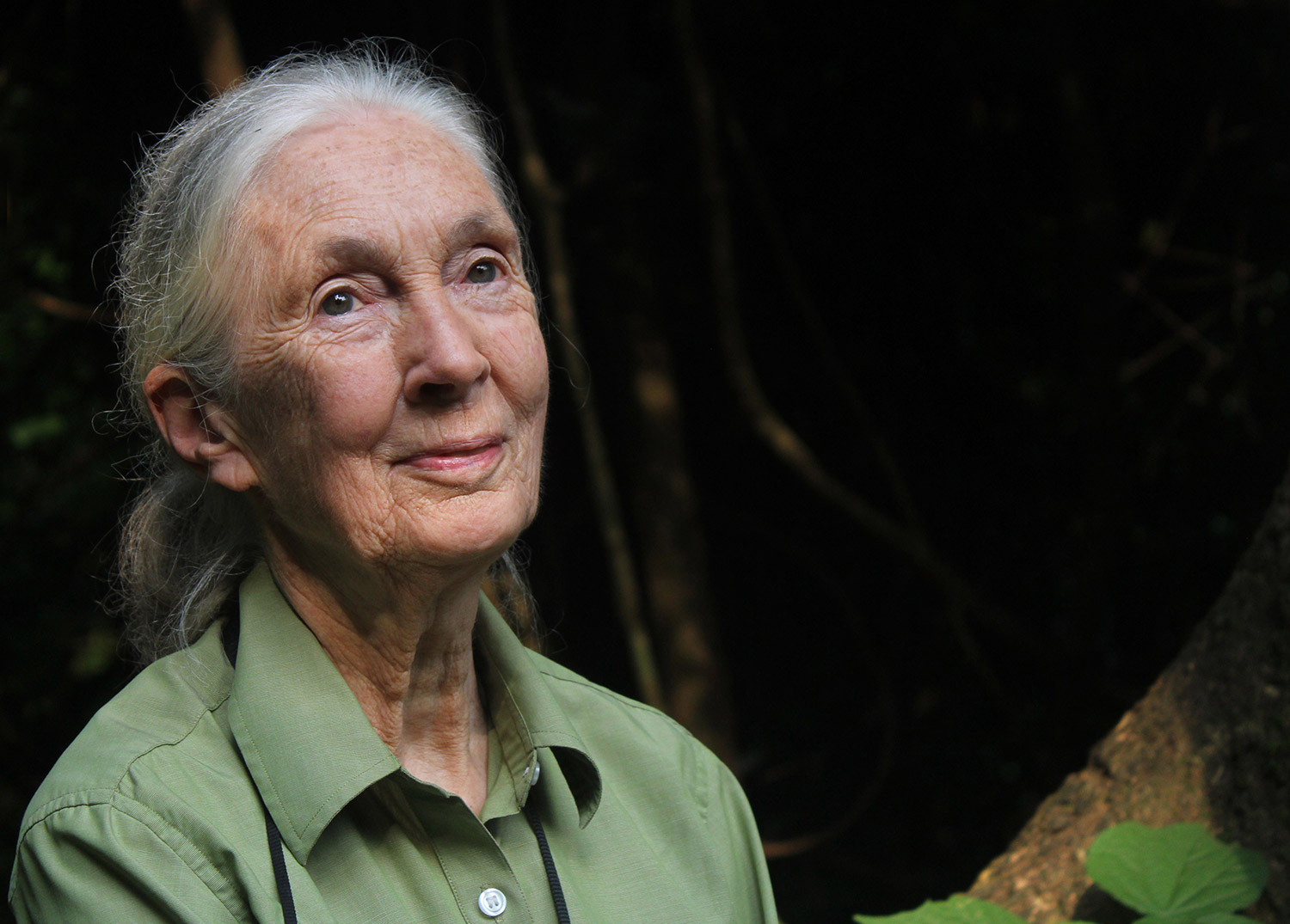The Utilitarian Argument: Many ethics-based vegans point to the fact that human beings (except for a very few who have unusual food allergies or severely compromised digestive systems) can live well on a plant-based diet supplemented by several readily available vitamins. Since a plant-based diet is healthy and can fully satisfy our need for nutrition, especially in wealthy societies, there is no need for people to continue to eat meat, fish, dairy, or eggs. The only reason to continue eating non-human animals or their milk is because we like their taste or texture. But this is no justification for forcing billions of sentient beings to live in miserable conditions, to have their babies taken away (or to be taken away from their mothers), and to then be killed long before they have reached the full span of their natural lives. It is the most trivial of our interests (taste and texture in our mouths while we eat) as against the most important of theirs (life itself, a miserable existence for the short period that we permit them to live, and the integrity of their families).
Farmworker union organizer and ethical pioneer, Cesar Chavez, was also an ethics-based vegan. (For a description of the prescient ethics of this remarkable man, see TWM’s Learning Guide to Cesar Chavez, Respect for All.) He pointed out that dairy cows suffer their own special nightmare. Cows are very maternal. They love their calves and they mourn when their calves die or are are taken away. They also give more milk when pregnant and just after birth. Thus, they are repeatedly artificially impregnated by the farmers who own them. However, the farmers, in order to maximize the amount of milk they can get from each cow and to increase their profits, take the calves away immediately after birth. Thus, for dairy cows, life is dominated by round after round of pregnancy followed by the loss of their babies. They live in eternal mourning. After a few years, when the dairy cow is used up and can no longer give the amount of milk the farmer requires, she is sent to the slaughterhouse to be ground up for hamburger.
Utilitarianism is a branch of moral philosophy which teaches that the ethics of an action can be determined by balancing the benefits and the number of beings receiving that benefit against the harms and the number of beings harmed. The interests of non-human sentient animals are considered in this analysis. As the founder of modern-day utilitarianism, 19th century English philosopher Jeremy Bentham referring to non-human animals famously wrote, “The question is not, Can they reason?, nor Can they talk? but, Can they suffer?”
Strict utilitarian theory gives the same weight to the suffering of any sentient being. However, most people assign more value to a human life than to the life of a non-human sentient animal, such as a farm animal or a pet. In the thought experiment of a situation in which a lamb and a human being are both drowning in a lake and only one can be saved, most people will choose to save the human being. In addition, no one can actually live in modern society according equal value to the interests of people and non-human animals.
Ethics-based vegans argue that even if you assign more value to the interests of human beings than to the interests of non-human animals, the magnitude of the suffering caused to animals caught up in the factory farming system outweighs by far the minor pleasures that humankind derives from eating animals and their milk. To put it on an individual basis, every bite that a person takes of meat, fish, dairy, or eggs, benefits that person only in the fleeting pleasure of taste and texture in their mouth, but it results in a life of terrible suffering and a brutal and early death for the animal being eaten. Under this modified utilitarian analysis, it is unethical for any person to take that bite unless it is the only way to survive.
Ethics-based vegans refute the argument that people are justified in eating animals and animal products because non-human animals in nature kill each other for food all the time and that this demonstrates that pain and suffering are inherent in nature. The answer to this argument is that the entire enterprise of human technology is to take us out of the state of nature. And, for the most part, we have been successful. Human beings in wealthy countries live far away from a state of nature.
The Human-Centered Argument: What about people who reject the idea of giving any moral weight to the suffering of non-human sentientbeings and believe that we should only consider the interests of humankind in evaluating the ethical implications of our actions. Vegans contend that even from the perspective of the interests of mankind alone, a diet including the flesh and milk of animals, is not ethical. There are a number of reasons for this.
First, there is no doubt that this diet causes pain, family disruption, and an early and often brutal death for billions of animals each year. While the animal agriculture industry goes to great lengths to insulate consumers from the knowledge of what goes on in factory farms and slaughterhouses, all of us know at least something of what happens in these places. Thus, when we take a bite of what once was the living pulsing muscle of an animal that had feelings, a family, and a desire to live, we are acting without compassion for that sentient being. Acting without compassion for one sentient-being makes it easier to act without compassion for other sentient beings. The great Russian novelist Leo Tolstoy put it this way, “As long as there are slaughterhouses there will always be battlefields.” By this he meant that we construct a mental wall that allows us to avoid feeling compassion for the animals we eat and slaughter, in the same way that we protect ourselves from feeling compassion for enemy humans in war. This denial of compassion can affect how we treat people in other situations as well by classifying them as “the other.” The argument is put most forcefully in its positive aspect: if we decide on a daily basis to act with compassion for non-human sentient beings by adopting a plant-based diet, we will be more likely to act more compassionately for each other.
Another human-centered moral argument comes from the environmental effects of eating meat, fish, dairy and eggs. Animal agriculture is terrible for the environment, leading to deforestation and emitting tons of methane into the atmosphere each day. Methane is a more potent greenhouse gas than carbon dioxide. Wealthy societies such as the U.S., Europe, and much of Asia, use more of the world’s finite resources than other people on the planet. There are limited amounts of potable water and food. Plant-based diets use much less water and much less grain than diets using animal products. Farmers who now cultivate grain for animal feed could, instead, grow grain to feed the millions of starving people throughout the world.
Yet another human-centered moral argument arises from the adverse health-effects of eating animal products on the health of human beings. Parents, who feed their children animal products are setting them up for diseases of the Standard American Diet: heart disease, diabetes, cancer, and obesity.
Note: These are not the only ethical arguments for adopting a plant-based diet. However, they are a good start for class discussions based on the film.





